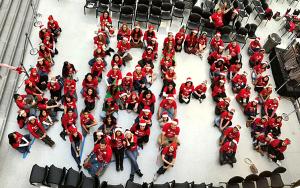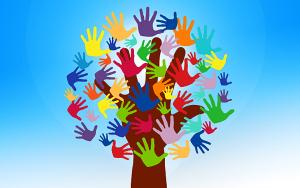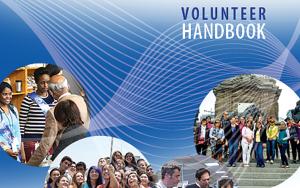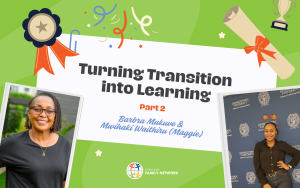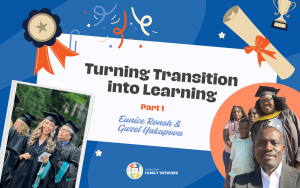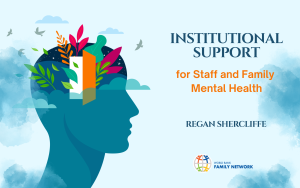
by Elizabeth Legrain, Coordinator, DAPP
Domestic abuse can happen to anyone, regardless of gender, socioeconomic status, race, religion, or sexual orientation. Thirty five percent of women worldwide have experienced some form of physical abuse by an intimate partner according to the World Health Organization. Men can also be abused, although severity and numbers are not comparable.
Emerging data shows that since the outbreak of COVID-19, reports of domestic violence, and particularly abuse against women, have increased globally as security, health, and economic concerns create tensions and strains accentuated by the cramped and confined living conditions of lockdown. And where domestic abuse has already been a problem in a relationship, the impact of COVID-19 can make it even more severe with an abusive person using the situation to exert even more control over a partner.
When people think about domestic violence, they are often referring to physical abuse, however there are many types that an individual may experience including verbal, emotional, psychological, sexual, and financial as well as stalking. Without professional intervention, experts report the abuse will increase. Considering these staggering statistics, the World Bank Group and its sister organizations are not immune. Spouses are particularly vulnerable due to their “dependency” status in a country under a staff’s employment contract related to visas, work authorizations, and in many country offices, the inability to legally work and have access to their own resources.
The World Bank Group Family Network (WBGFN, previously called WIVES, WBVS, WBFN) for almost fifty years has advocated on behalf of families. The first reported cases of domestic abuse involving spouses were in the mid-80s. Some very brave and determined former Presidents witnessed some of these egregious cases of abuse and decided to not sit back. Staff having no-where else to turn would also contact WBVS as a safe and confidential haven to seek support. Thanks to these visionary and pioneering efforts of spouses, and Elaine Wolfensohn, who listened and supported their efforts, then President James Wolfensohn funded the beginning of a program to research, respond, educate, and raise awareness to tackle this issue.
A 2001 DA Report spearheaded by WBVS revealed institutional policies that needed to be amended and provided recommendations. A “DA Task Force” was created, brochures mounted in all HQ bathrooms, a 24/7 crisis hotline was established, and confidential counseling services were provided. WBVS led this effort until funding was secured from the President’s office for the institution to take over. An emergency fund named after former WBVS President, Barry McIsaac, was created to help destitute spouses with basic needs such as shelter, food, utilities, and sometimes transport. This fund continues, managed by the WBGFN Coordinator, overseen by the Spouse Issues Committee and Chaired by the current President. Donations are welcome and every dollar counts to help another less fortunate in our community.
For the past seven years, DAPP has been part of the World Bank Group’s Health and Safety Directorate (HSD) and four years ago services became internal to HSD. DAPP aims to prevent the escalation of domestic abuse by focusing on early intervention and assistance for individuals who may already be impacted by an abusive relationship. The program is based in the headquarters in Washington, DC and serves all World Bank Group, International Monetary Fund, and Inter-American Development Bank staff (includes STCs, Temps), spouses/partners, and dependents above 18 years old. These services include a 24-hour 7-day hotline, crisis intervention, case management, advocacy, short term counseling, emergency funds, legal consultations and referrals to outside attorneys, educational services, and other support when appropriate.
The social impact of DAPP is exponential and has been widely recognized by global organizations such as The United Nations, The Commonwealth of Nations, academic institutions, NGOs, and community- based organizations as a global leader in supporting staff and family members impacted by domestic abuse and violence.
DAPP was founded with the overriding principle of NO MORE domestic violence and has been recognized as a model program globally. DAPP partnered with The NO MORE Foundation in October 2020 - Domestic Violence Awareness Month in the USA - to launch The World Bank Group Says NO MORE, convening a global leadership video conference which launched the campaign for all staff and family members. The campaign was very powerful as over 20 senior leaders came together to say NO MORE to domestic violence. Managing Director Shaolin Yang wrote a blog, and HR VP Annette Dixon created her own statement for a video.
WBGFN continues to play a vital role in DAPP participating as an active member of the WBG’s DAPP Advisory Committee which meets monthly consisting of representatives from HR, HSD, Security, Ombudsman, Ethics and Legal. WBGFN’s contribution, then and now, cannot be underestimated as spouses bring vital advocacy, provide voices of reason, meet with Sr. Management, continue to advocate for families, and work with DAPP to raise awareness on domestic violence. Spouses also understand the unique needs and challenges of global families.
Much has been achieved in the past twenty years, yet challenges remain, and more discussions are needed to respond to staff who have been reported to be abusers at home, expand awareness in country offices, and work to influence cultural changes. DAPP wishes to thank WBGFN for their leadership and ongoing friendship in our joint efforts to prevent this global scourge. It has been an honor to work and be mentored by so many committed individuals these past fifteen years and I look forward to guiding the next DAPP Coordinator who will take the helm in May 2021. As former World Bank President JY Kim stated in March 5, 2014, “Part of the reason that domestic violence has been such a big blind spot is that many people view it as a private matter. I would argue that domestic violence is a public matter, and that we have to consider it as a major challenge for all of us who work in development.”

